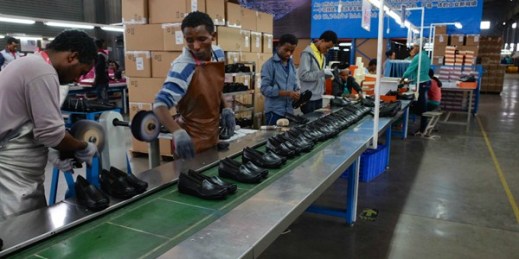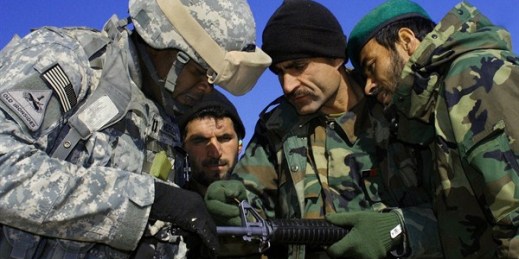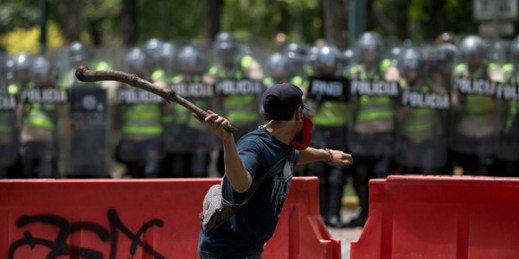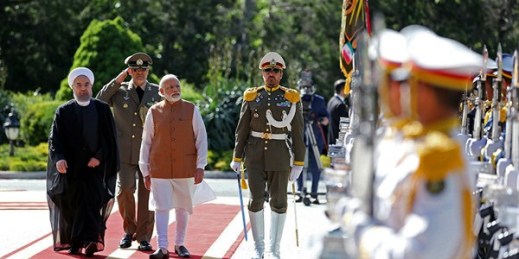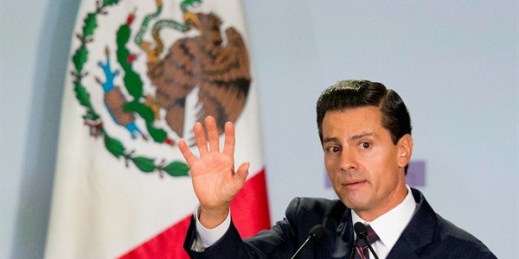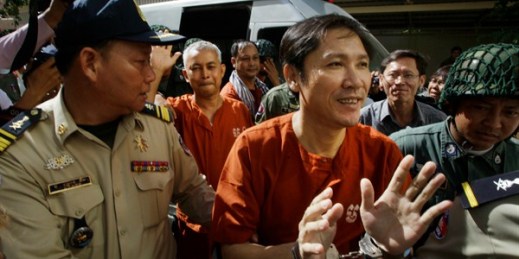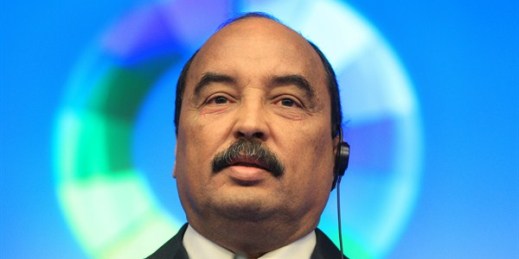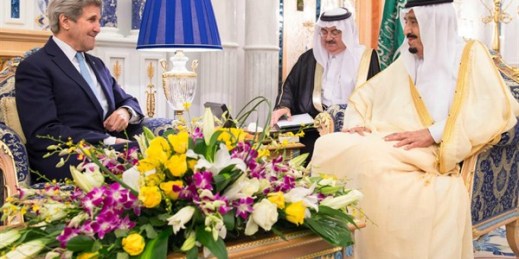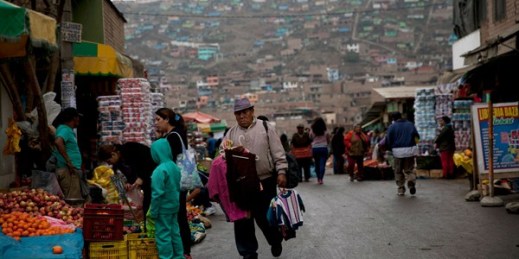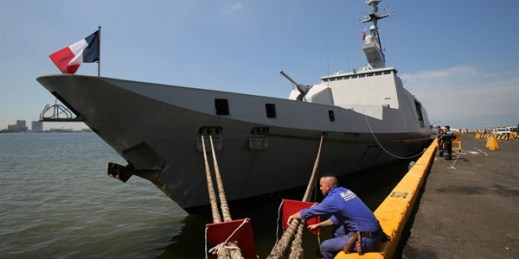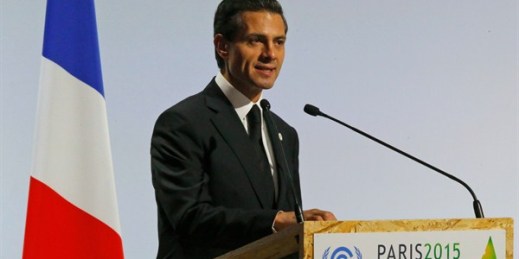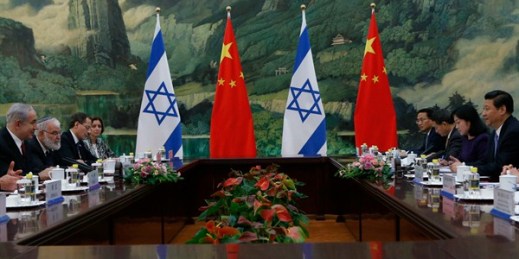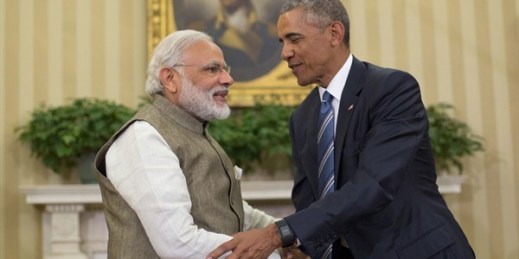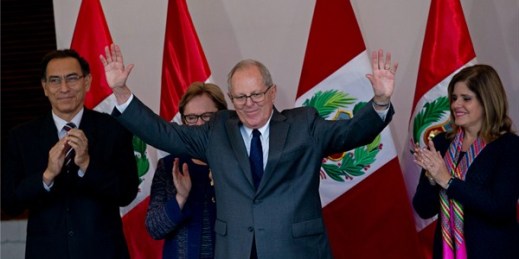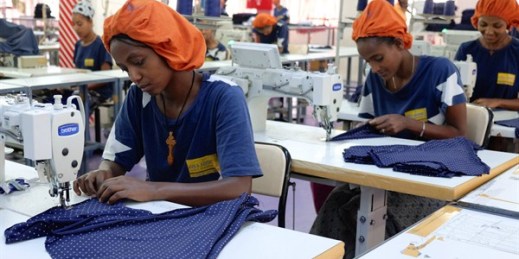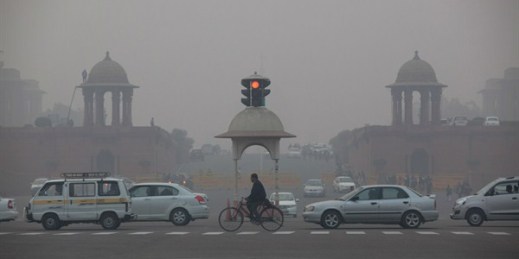
Editor’s note: This article is part of an ongoing WPR series on countries’ risk exposure, contribution and response to climate change. During his visit to Washington last week, Indian Prime Minister Narendra Modi committed to formally ratifying the Paris climate change agreement by the end of 2016. In an email interview, Neil Bhatiya, the climate and diplomacy fellow at the Center for Climate and Security, discusses India’s response to climate change. WPR: What is India’s risk exposure to climate change, what effects of climate change are already apparent, and what sorts of mitigation approaches will it have to adopt or […]

